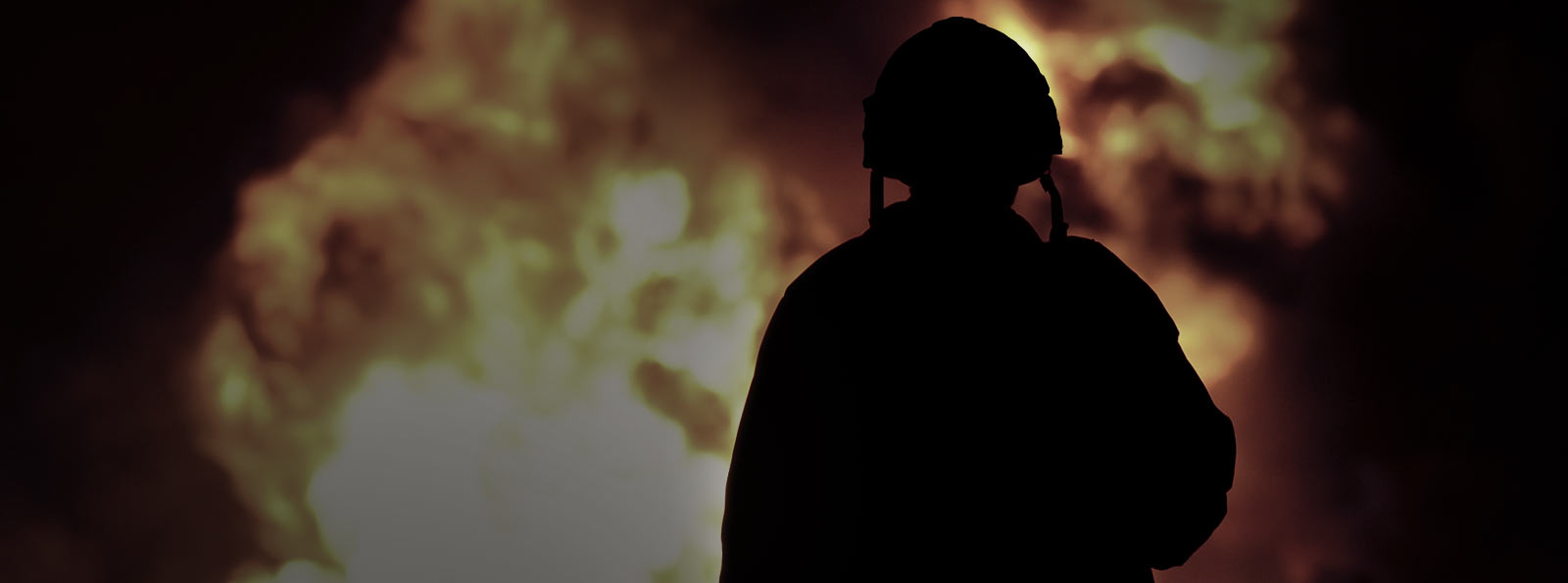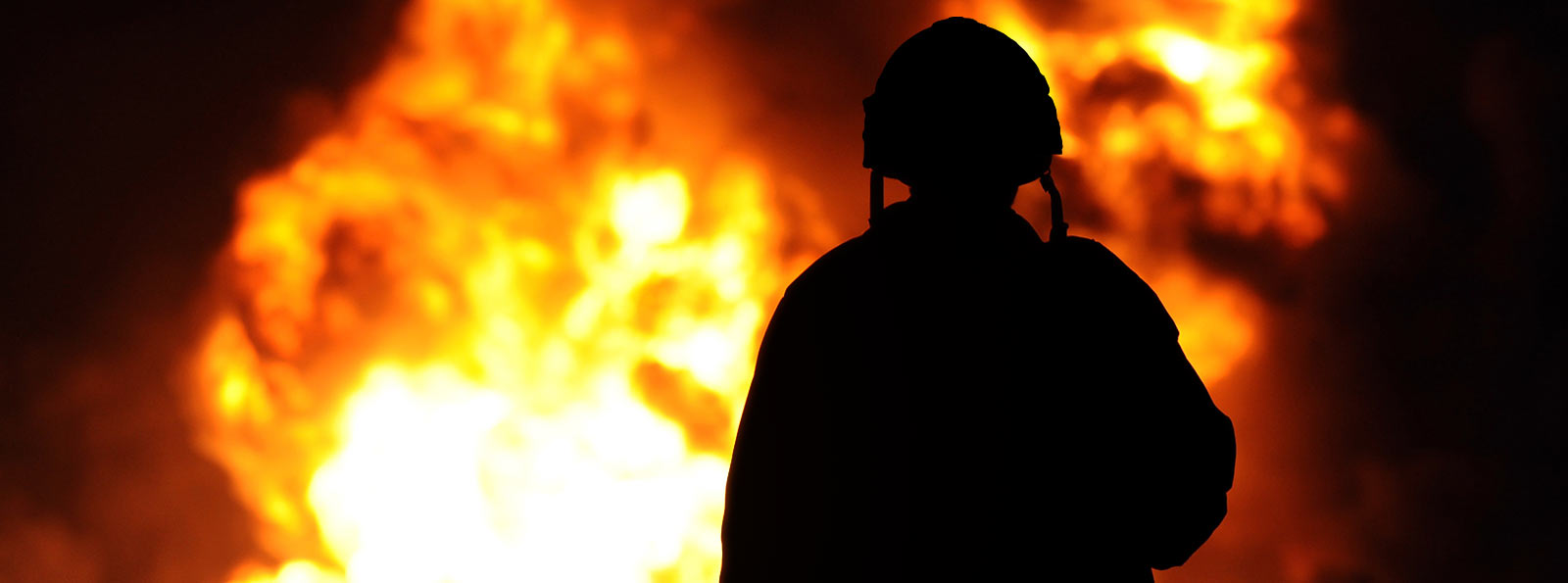



“I didn’t have hope, or I didn’t think I had hope.”
Stephan Moreau is a “success” story – a college student with a military medal training for his second Ironman triathlon.
Looking at him now, you’d never know the former navy seaman went to hell and back.
Moreau was four years into his navy career in 2004, when he went on a training exercise just outside of Canadian Forces Base Esquimalt in B.C.
He inserted a canister into a fellow mate’s breathing apparatus, a device worn by navy men to allow them to breathe in hostile environments.
What no one knew at the time was that the canister was defective. It ignited, and lit the man on fire.
“The fumes and smoke from the canister were going straight into his mouth,” he said. “A bunch of people were trying to undo the equipment as soon as possible, but it was somewhat difficult to do.”
The seaman survived. An investigation into the incident confirmed the canister was defective, but Moreau still felt extreme guilt for being the one who inserted it.
That guilt would grow into an illness that would send the triathlon runner and husband in to a spiral of depression, anxiety and addiction.
Before emerging from the darkness of post-traumatic stress disorder, Moreau would become desperate enough to try to end his own life.
Born in Quebec City, Moreau moved to Victoria, B.C., in 2000 for his navy training and career where he was stationed at CFB Esquimalt.
For 10 years, he served as a leading seaman and naval communicator. He was also on the HMCS Algonquin during Operation APOLLO—Canada’s military contribution to the international campaign against terrorism from October 2001 to October 2003.
“I was—and still am—proud to be Canadian,” he said on his reason for joining the navy. “I thought I was serving my country.”
But the incident in 2004 changed Moreau’s personality.
“I became really agitated at work; I could not sleep at all,” he said. “I started to isolate myself, I didn’t want to do activities with my friends anymore or family. I started to withdraw from everyone.”
Moreau said that while he believed people knew something was wrong, they didn’t know what.
“I was passionate about my job, hard-working… and then the accident happened and I became this person that was going in the other direction,” he said.
“Instead of going up, I was going down and at a fast pace, too. I became very defensive and emotional as well. I was fragile; I’ve never been that fragile.”
Moreau said he was drinking to numb his feelings. The alcohol misuse got worse over time.
“Near the end of my career, I was told and ordered to not drink for a certain amount of time. I couldn’t stop,” he said.
Moreau revealed he attempted to end his life.
“Thankfully it didn’t work out, and I’m here today.”
He didn’t want to elaborate on the incident but said: “I didn’t have hope, or I didn’t think I had hope.”
At first, Moreau said, he did not talk to anyone about what he was going through because he felt he should be “strong enough,” and shouldn’t be affected by the incident.
But he eventually began speaking to a psychologist, and was diagnosed with PTSD in 2010.
“When I spoke about it for the first time with my psychologist, she told me, she said, ‘I have seen at least eight people from that accident come into this office, so you’re not alone,’” he said. “Just from hearing that, I’m like, okay, maybe I’m not alone.”
When seeking treatment, Moreau’s biggest anxiety was comparing his traumatic incident – what’s often defined as an operational stress injury – to someone “who actually went over to Afghanistan and hit a roadside bomb.”
“I was telling myself that my injury was not as severe as theirs, and I was a bit ashamed to share it,” he said. “But once I started to share, I realized trauma is trauma. People react differently and we all get affected differently. I had to stop comparing.”
Moreau was honourably discharged due to medical conditions in 2010—a decision that devastated him at the time.
“[The navy] pretty much told me, ‘Your career is over with us, but if you want, we are going to send you to a treatment centre before we release you.’”
Moreau took them up on the offer and signed his release papers while he was in treatment. He said he now feels the navy’s decision to release him was a gift.
“It saved my life, and helped me talk about my PTSD and better understand myself.”
Despite 10 years of service in the navy, Moreau got rid of all his military items and pictures.
“The only thing I kept is my medal,” he said. “I was extremely disappointed that my career was over and I didn’t want to see any military-related items in the house.”
Moreau has been in recovery for his PTSD and addiction for almost three years, and says that while his symptoms aren’t as severe as they were, his illness will stay with him for the rest of his life.
The Canadian Forces are now sending Moreau to college and giving him a salary while he attends school.
“I just have to learn how to deal with them and cope with them and reach out for help,” he said.
He is training for his second Ironman Canada. The long-distance triathlon, which takes place in Whistler, B.C., consists of a swim, bike ride and run.
“When I go out for a nice run, or bike ride or swim, I feel so much better,” he said. “Not just physically but mentally. It takes the pressure off. It has helped a lot.”
By: Irene Ogrodnik, Global News
—
If you or someone you know is in crisis and needs help, resources are available. In case of an emergency, please call 911. 911 can send immediate help. For a list of available mental health programs and services around Canada, please refer to the list here.